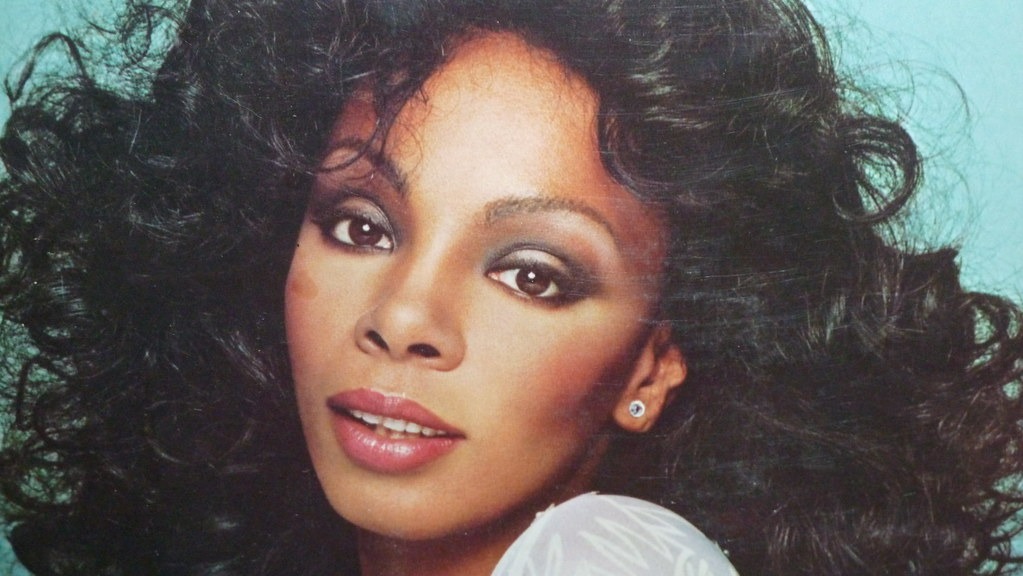47 years before ChatGPT started composing melodies, Donna Summer and Giorgio Moroder programmed the first truly algorithmic groove. Their 1977 masterpiece “I Feel Love” wasn’t just disco – it was a cyborg manifesto wrapped in four-on-the-floor perfection, created using techniques that wouldn’t look out of place in today’s AI music studios.
Here’s what blew minds in Munich that year: Moroder and engineer Robby Wedel used a Moog modular synthesizer with programmed sequences to generate every element except Summer’s vocals and a live bass drum played by Keith Forsey. No guitars, no traditional rhythm section—just machines talking to machines with mathematical precision. The Moog’s tuning instability required recording in 20-30 second bursts before retuning, making the achievement even more remarkable.
The result was something unprecedented: a hypnotic, self-perpetuating groove that felt simultaneously human and inhuman. Summer’s ethereal vocals floated over sequences that could loop infinitely without losing their hypnotic pull. This wasn’t musicians playing together—this was programming in its purest form, decades before DAW software made such precision commonplace.
What Summer and Moroder created became the DNA of electronic music itself. That mechanical heartbeat directly spawned house music, techno, and every club banger you’ve ever lost yourself to on a dancefloor. Brian Eno famously called it “the sound of the future,” recognizing its revolutionary impact. The track’s cultural significance—placing a Black woman at the center of technological innovation—challenged who gets to define the future of sound.
While other artists were still debating whether synthesizers were “real instruments,” Summer was already living in music’s digital future. Today’s AI beat generators represent a conceptual evolution of what Moroder accomplished with analog hardware and pure intuition. The algorithmic precision, the looping perfection, the inhuman consistency—it’s all there in “I Feel Love,” waiting for the rest of the world to catch up.
Summer didn’t just predict AI music; she proved that the most futuristic sounds come from fearless human creativity pushing machines beyond their intended limits.


























